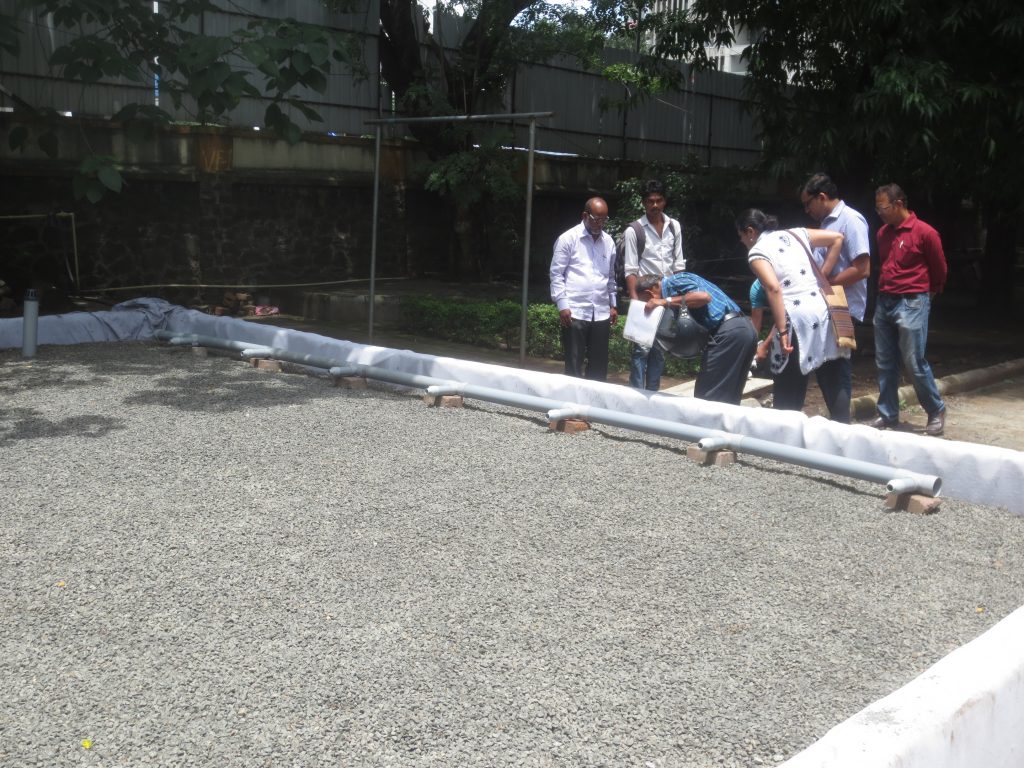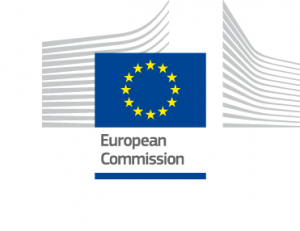PAVITR
EU
India
Potential and Validation of Sustainable Natural & Advanced Technologies for Water & Wastewater Treatment, Monitoring and Safe Water Reuse in India

Natural water systems and treatment technologies to cope with water shortages in urban areas (Pune and Nagpur) in India
Visit project page
Client
European Commission (EC)

Beneficiaries
Entrepreneurs all over India, local authorities and communities in Pune and Nagpur, where 5 wastewater treatment plants were installed.
Key Partners
An international team composed of 7 European partners (including ttz-Bremerhaven, BOKU, IRIDRA, GEMMA-UPC and BioAzul) and 7 Indian partners (including NEERI, ESF, Pune Coorporation, Maharastran Water Supply and Sewerage Board and IWWA).
It is well-known how difficult it is to supply potable water and manage the sewage produced in a country like India, with more than 1.2 billion people. Because of our long-time presence in India, particularly in Maharashtra, we not only were aware of the problems but were already implementing decentralised and intelligent solutions for water management. That’s why we saw the opportunity to put together an Indo-European consortium that could break new ground. Together with our partners, we came up with a new approach: away from end-of-pipe water management towards a localised integrated approach using decentralised technologies. Such small-scale systems, such as artificial wetlands, infiltration ditches and sub-soil filtration and bank filtration, promote natural water purification and storage. In addition, they can absorb highly and widely varying pollutant loads, buffer seasonal fluctuations in the availability of water and be integrated into urban planning as green infrastructures.
That’s how NaWatech came to life. The project’s objective was to explore, assess, and enhance the potential of natural and compact technical water treatment systems to improve their performance and reliability for the effective management of municipal water sources and cope with water shortages in urban India. The project included several work packages in which we studied, modelled and implemented different technologies in 5 pilot projects. We also worked closely with authorities and other key actors.
Our role as seecon was to ensure that the new knowledge, the experience, and the lessons learnt will be available to innovators for scaling-up implementation. Our key roles within the project included:
Explore and discover
Developing and editing the NaWaTech compendium, a compilation of key innovative technologies and the experience of their implementation in India.
Empower
Design and facilitation of the Training Program for Water Entrepreneurs “Technologies and Business Development in Natural Wastewater Treatment” (in Pune -April 2015 and Nagpur- August 2015).
Reach and connect
Development of the NaWaKit, designed as a one-stop information tool for practitioners, such as local SMEs, service providers, entrepreneurs and consultants were working in the water and sanitation sector in India, to guide them during the design, implementation, operation and maintenance of decentralised water and wastewater treatment system in urban India.
NaWaTech Compendium: this an effort to pinpoint and describe water and wastewater technologies that could enable sustainable water management in Indian cities. It is intended as a reference for water professionals in charge of planning, designing and implementing sustainable water systems in the Indian urban scenario, based on a decentralised approach.
If you ever want to make sure that entrepreneurs exploit your research project’s results to maximise impact, contact us. We will do it together!
Contact us